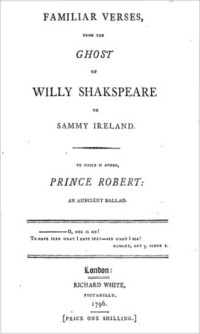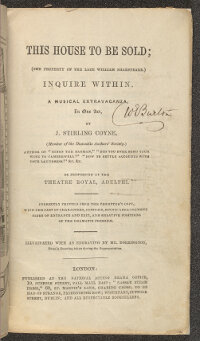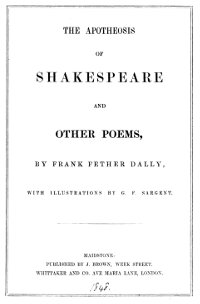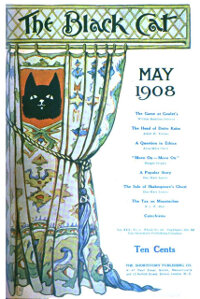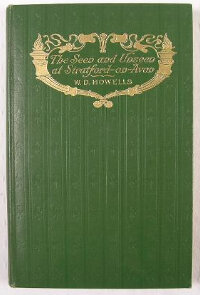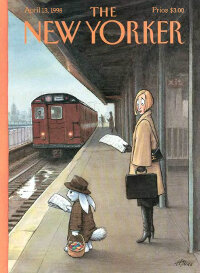George Moutard Woodward
London: Richard White, Piccadilly, 1796
The author, also known as “Mustard George,” was a well-known caricaturist in the late eighteenth century. Those skills are put to use in this brief satire in which the ghost of Shakespeare gives advice to Samuel Ireland, whose son, William Henry Ireland, had been discredited for forging Shakespeare documents earlier in this same year. In a humorous twist near the end, Shakespeare critiques contemporary editors and stage directors, saying he’ll wave judgment and not “pronounce them forg’d,” because so many hands have edited and altered his works over the years “that I make oath, and swear it on the spot, / I scarce know what is mine, and what is not.”—FCR
Read the full text issued in Woodward’s Comic Works (1808)
